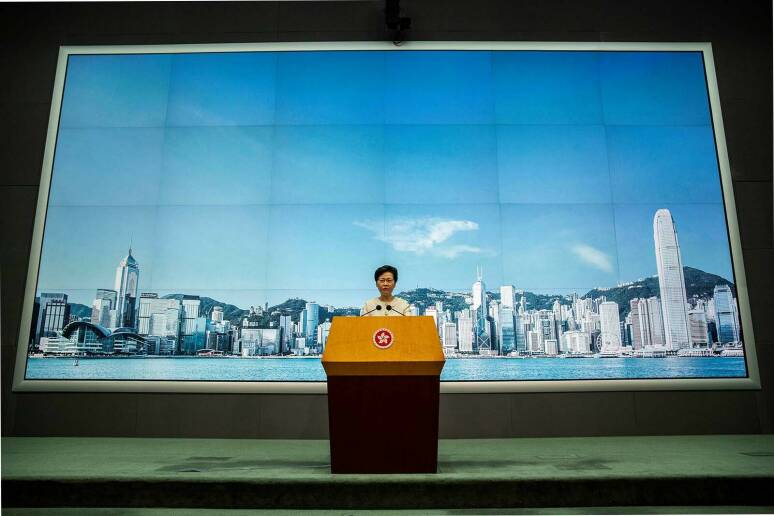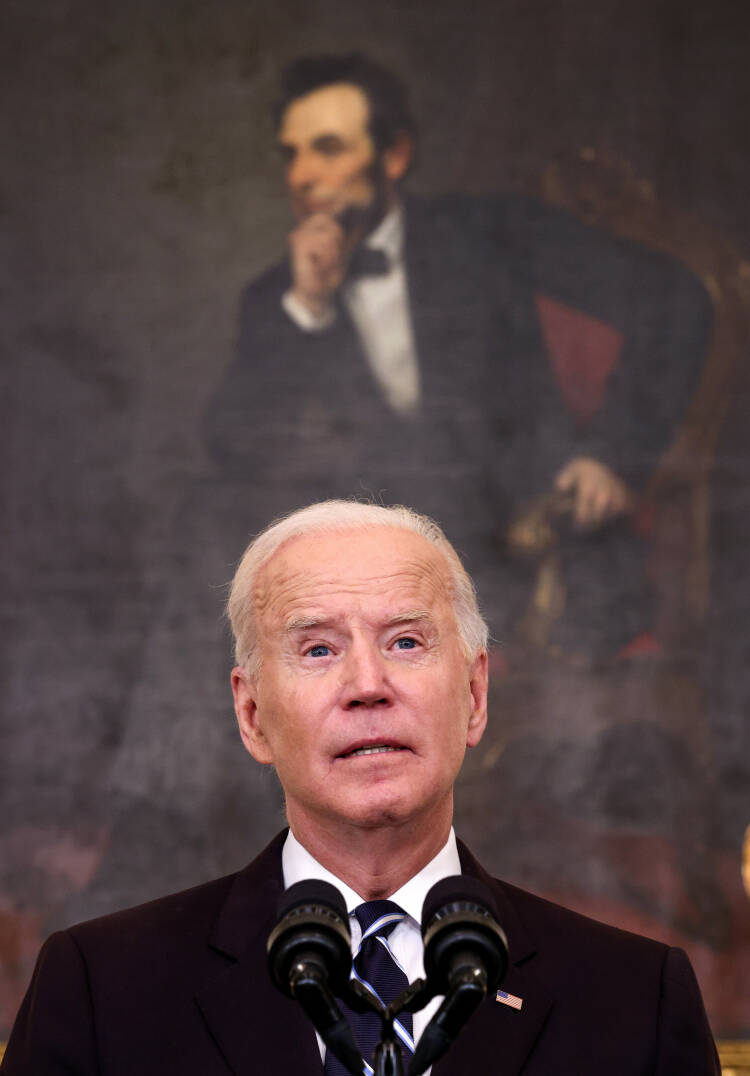The wrong climate


What we are seeing is an emerging multipolar order that is liable to be unstable and prone to conflict and change.

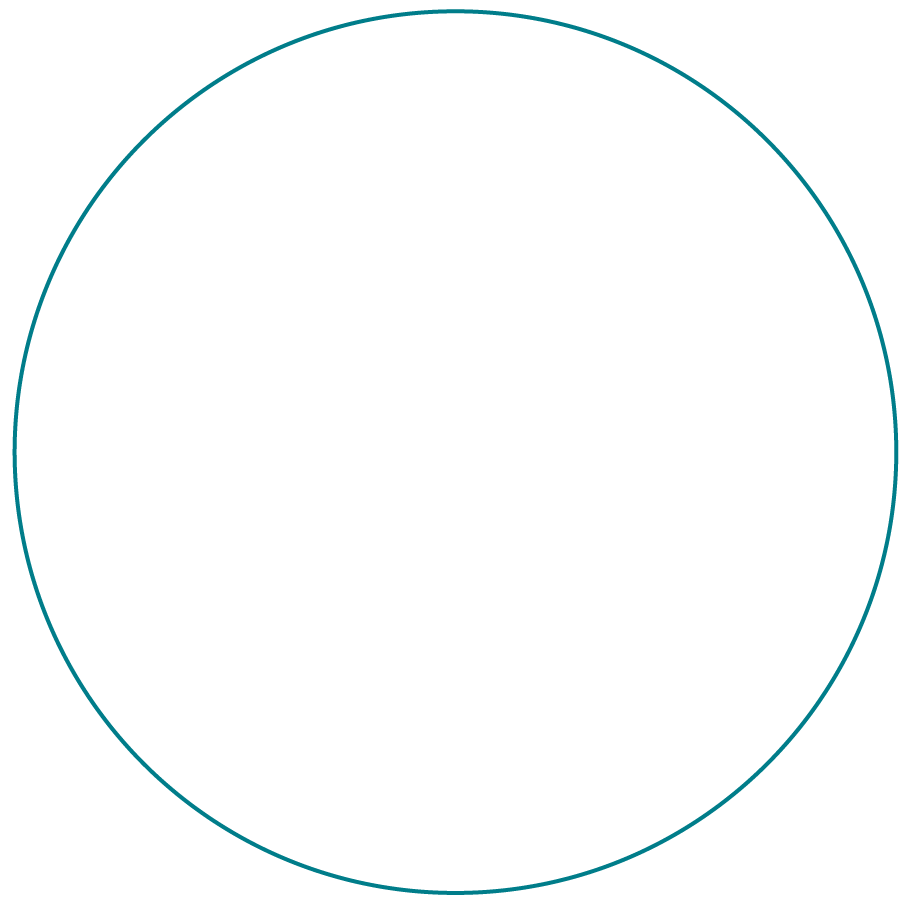
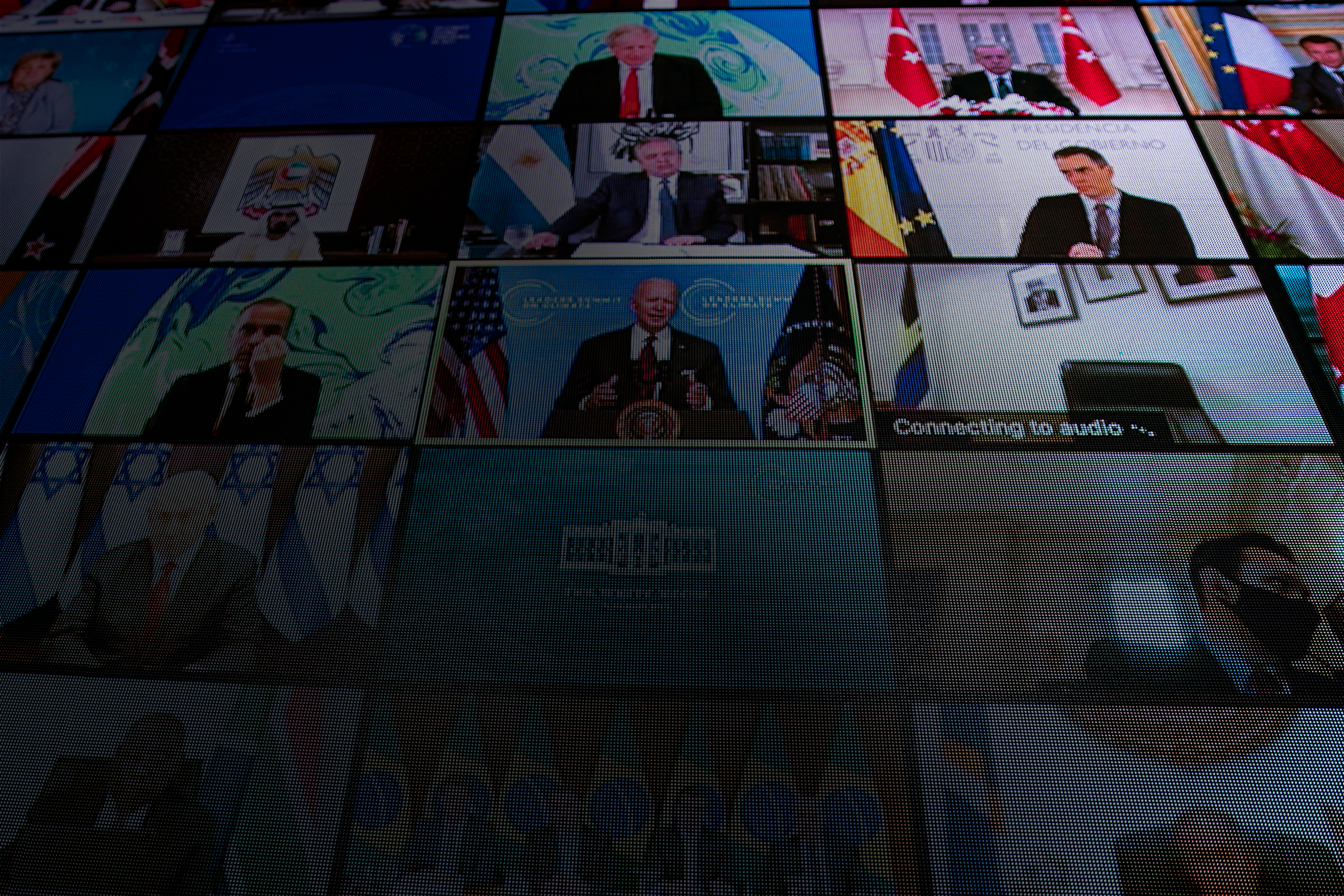
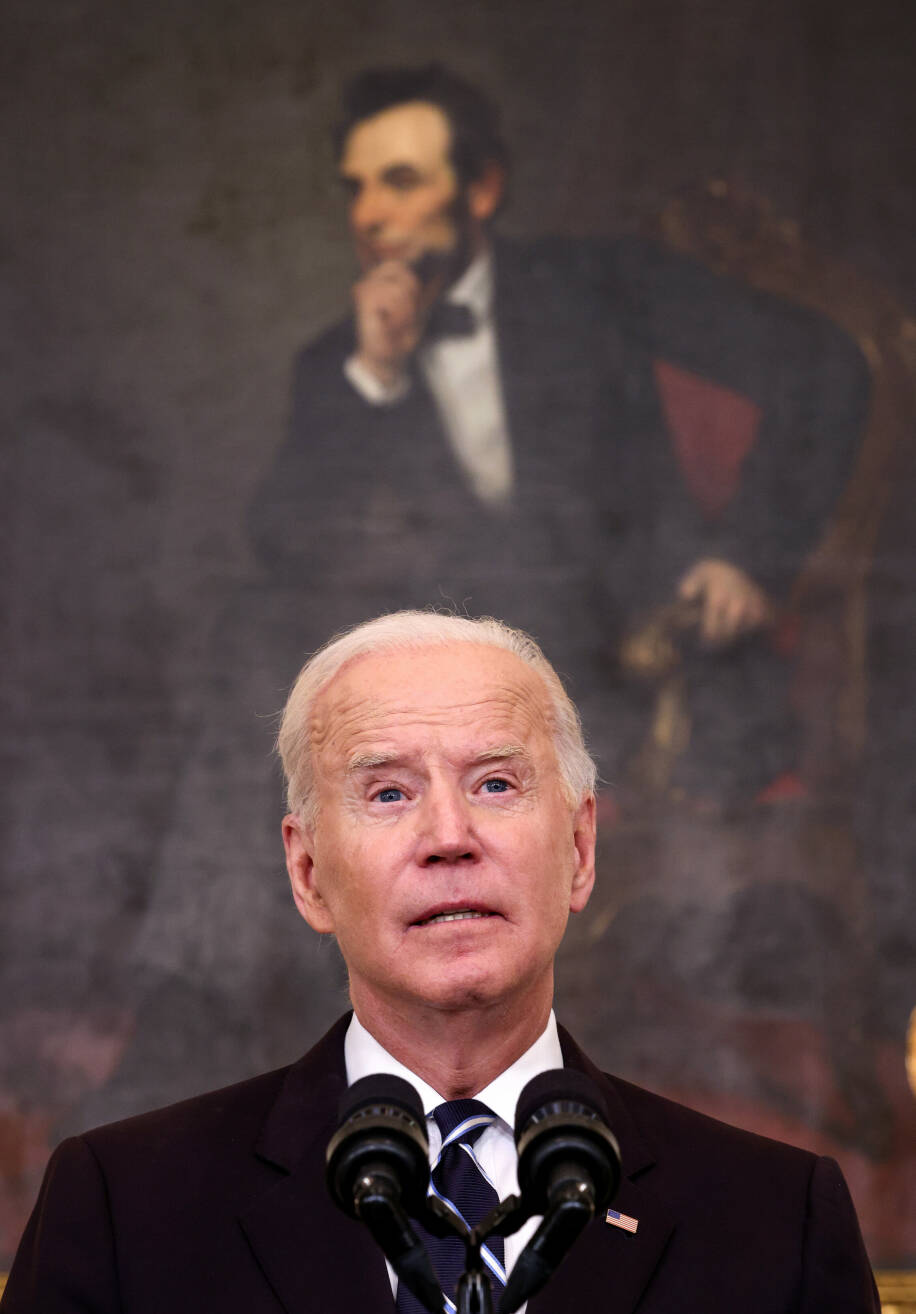


Great power competition between the United States and China is almost certain to dominate and shape wider geopolitical risks across all regions in 2022.
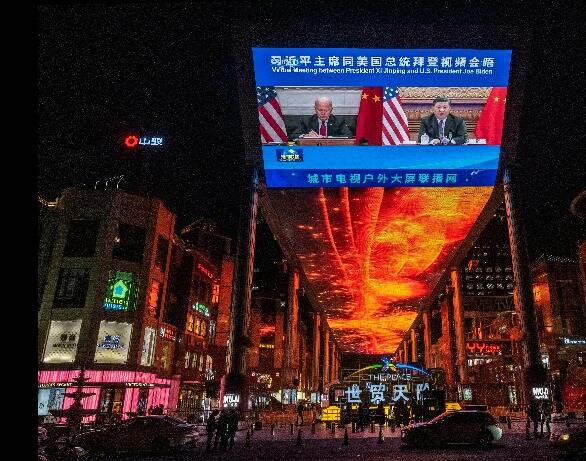

The wrong climate
The climate is liable to heat up geopolitically as much as environmentally in 2022. Amid an uneven and shaky global economic recovery, the year ahead is likely to remain challenging for global businesses striving for growth and looking for stability. The failure of world leaders to agree to limit global heating to 1.5℃ in 2021 matches their failure to deliver an effective coordinated response to arrest the Covid-19 pandemic. The state of world politics could scarcely be less conducive to meet global threats, nor limit the other risks we forecast in Strategic Outlook 2022.
These risks are wide-ranging and could yield outsized impacts given the still vulnerable state of many countries after the pandemic. They include the immediate threat posed by the Omicron variant, US-China competition, acutely growing inequalities, building interstate conflict risks affecting Ukraine and Taiwan, entrenching conflicts in Africa, and environmental crises. All of these are liable to prompt wider impacts on security and stability, sustain disruption to global supply chains and inflation, and threaten recovery and growth.
In successive editions of the Strategic Outlook we have warned of the implications of deep systemic shifts in the international system that we are seeing now, and will almost certainly see through 2022. The rules-based international order and its multilateral institutions are weakening in the face of waning US commitment to uphold them, disunity between democracies, spreading and intensifying authoritarianism, and deepening great power competition. None of these trends bode well for a reduction in the risk of conflict and instability around the world over the coming year.
Scroll down


Poorly-handled foreign policy moves by Mr Biden in 2021, not least the chaotic withdrawal from Afghanistan and the furore over the AUKUS deal, have dented the US government’s standing abroad and with key allies.
Images: Getty Images (Brent Striton; Yasin Akgul; Ina Fassbender/AFP; Pool; Christian Hernandez)
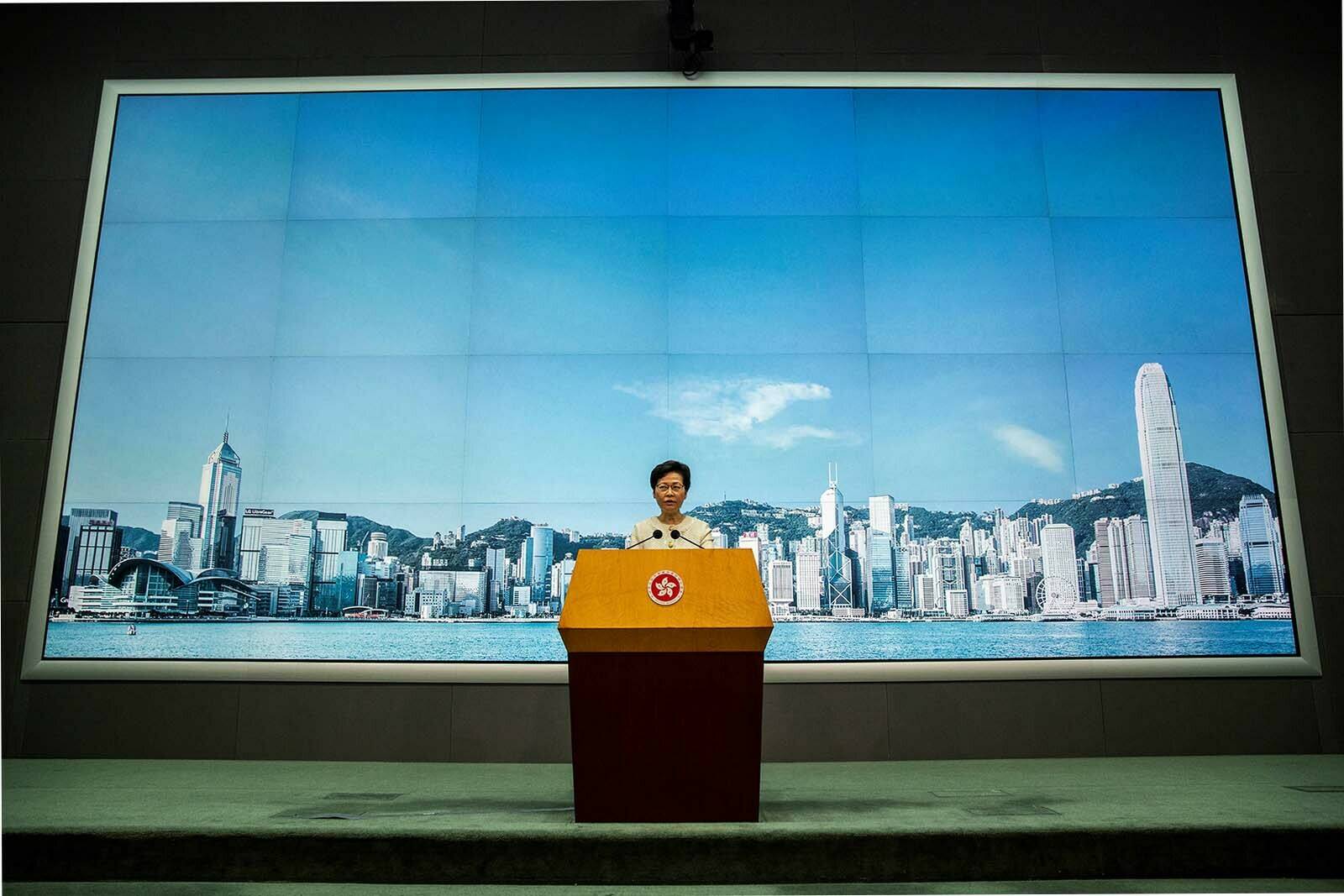
Leader
The wrong climate


What we are seeing is an emerging multipolar order that is liable to be unstable and prone to conflict and change.



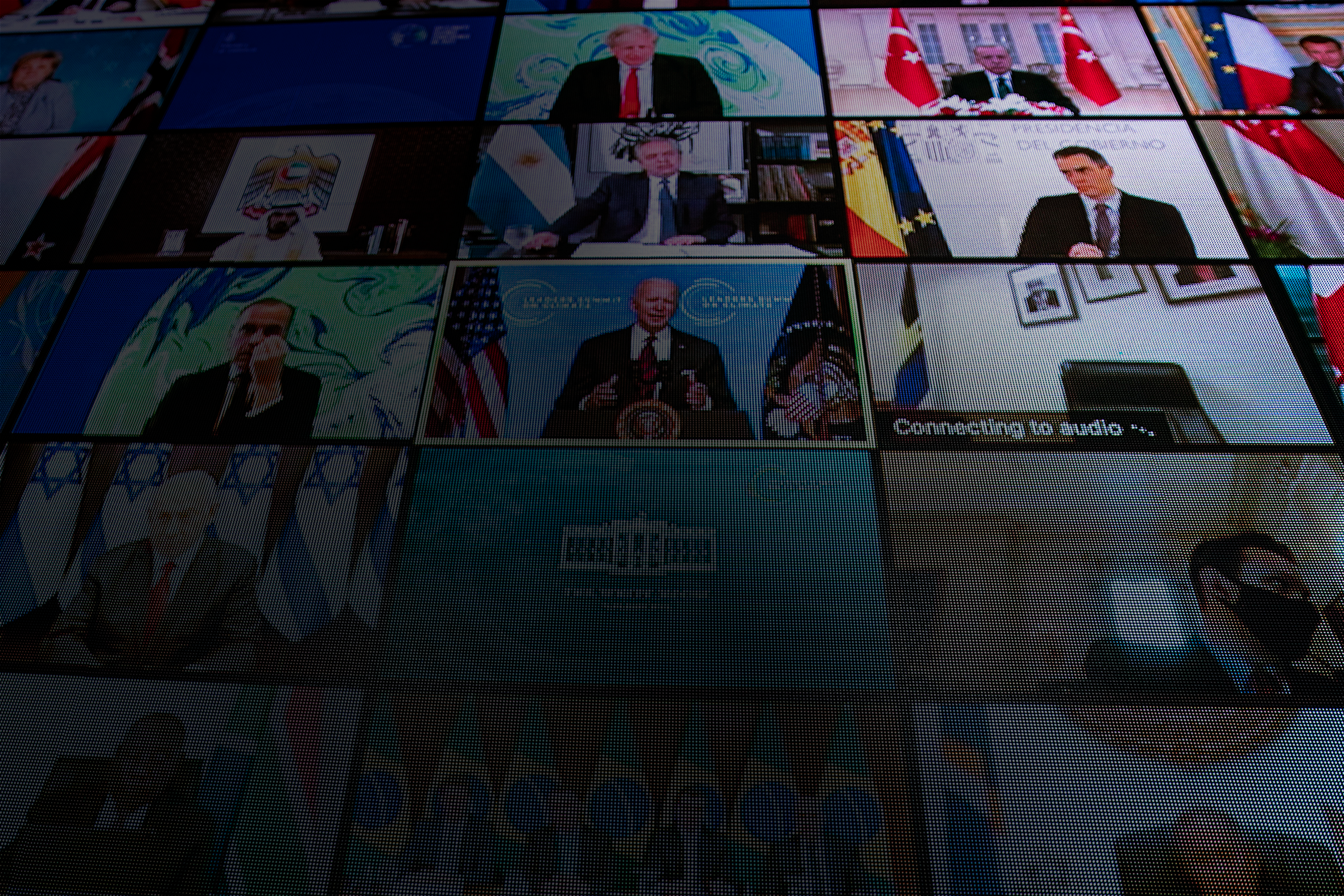


Poorly-handled foreign policy moves by Mr Biden in 2021, not least the chaotic withdrawal from Afghanistan and the furore over the AUKUS deal, have dented the US government’s standing abroad and with key allies.


Great power competition between the United States and China is almost certain to dominate and shape wider geopolitical risks across all regions in 2022.
The wrong climate
The climate is liable to heat up geopolitically as much as environmentally in 2022. Amid an uneven and shaky global economic recovery, the year ahead is likely to remain challenging for global businesses striving for growth and looking for stability. The failure of world leaders to agree to limit global heating to 1.5℃ in 2021 matches their failure to deliver an effective coordinated response to arrest the Covid-19 pandemic. The state of world politics could scarcely be less conducive to meet global threats, nor limit the other risks we forecast in Strategic Outlook 2022.
These risks are wide-ranging and could yield outsized impacts given the still vulnerable state of many countries after the pandemic. They include the immediate threat posed by the Omicron variant, US-China competition, acutely growing inequalities, building interstate conflict risks affecting Ukraine and Taiwan, entrenching conflicts in Africa, and environmental crises. All of these are liable to prompt wider impacts on security and stability, sustain disruption to global supply chains and inflation, and threaten recovery and growth.
In successive editions of the Strategic Outlook we have warned of the implications of deep systemic shifts in the international system that we are seeing now, and will almost certainly see through 2022. The rules-based international order and its multilateral institutions are weakening in the face of waning US commitment to uphold them, disunity between democracies, spreading and intensifying authoritarianism, and deepening great power competition. None of these trends bode well for a reduction in the risk of conflict and instability around the world over the coming year.
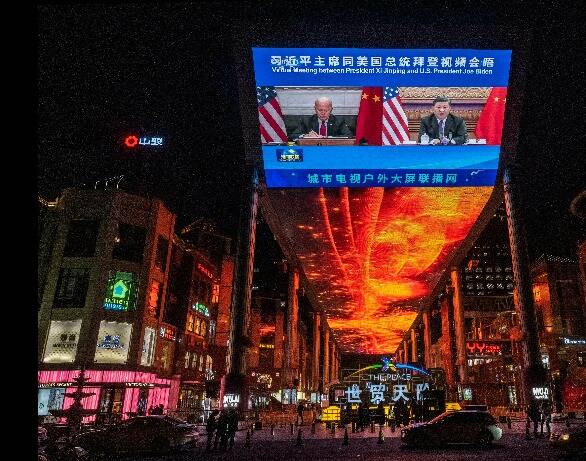
Images: Getty Images (Brent Striton; Yasin Akgul; Ina Fassbender/AFP; Pool; Christian Hernandez)
